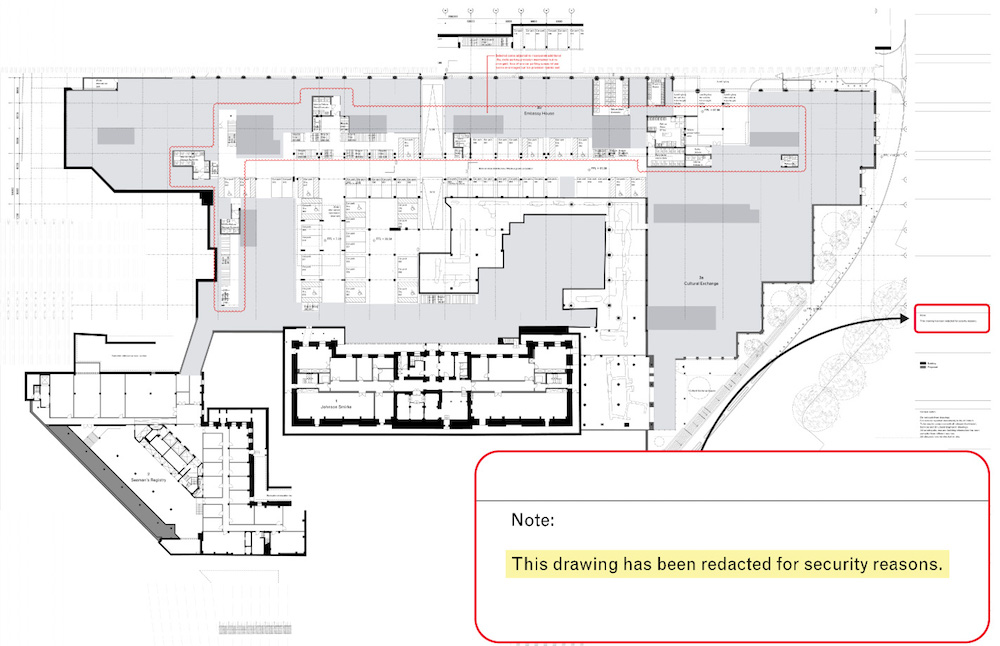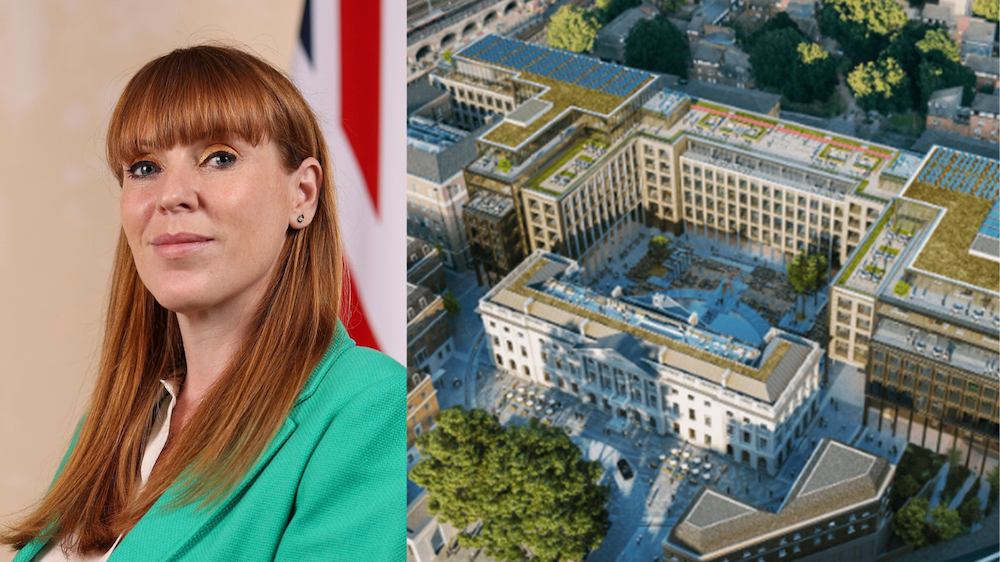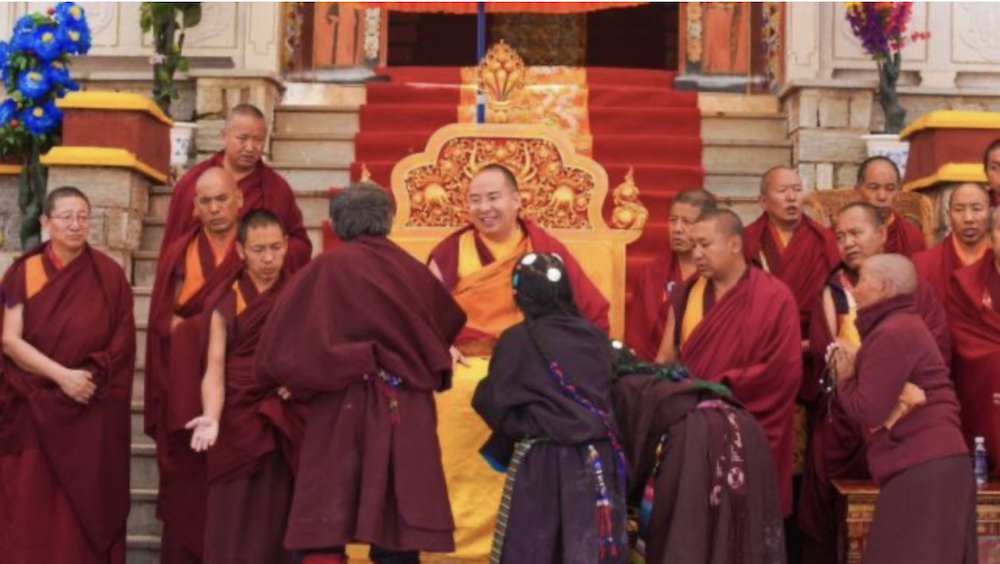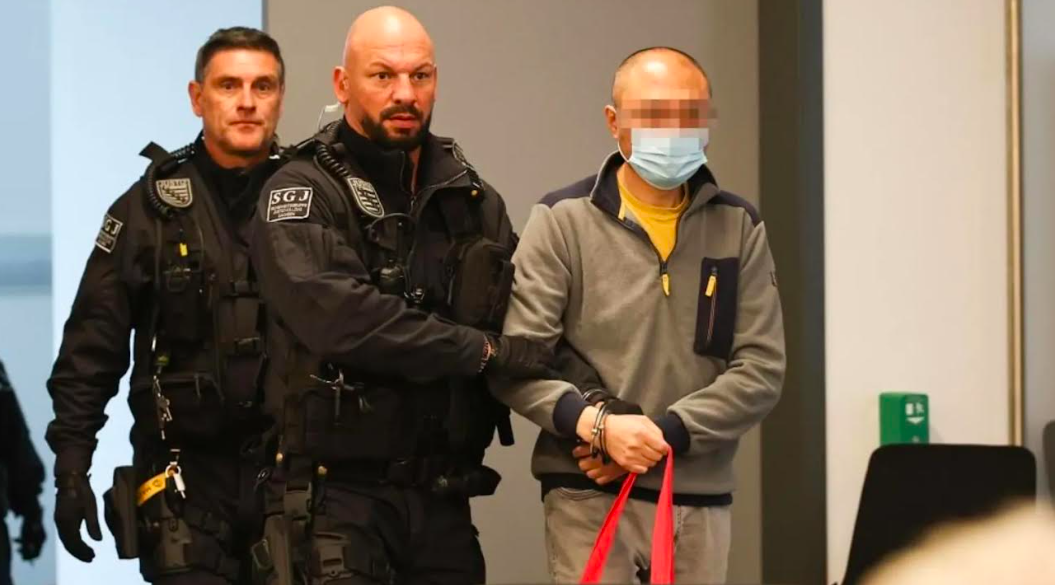Tenzin Nyidon
DHARAMSHALA, Aug. 12: United Kingdom’s Deputy Prime Minister and Housing Secretary Angela Rayner has formally called on the Chinese government to explain why parts of its architectural designs for a proposed “super-embassy” in central London have been heavily redacted, warning that lack of transparency could jeopardise planning approval.
In a letter addressed to the Chinese Embassy in London, Rayner demanded either unredacted plans for the project or a detailed explanation of the redactions, which cover key sections of the proposed Cultural Exchange Building and Embassy House. The requested clarification must be provided within two weeks, setting a deadline of August 20, just weeks before a final planning decision is expected on September 9.
The redactions have sparked concern among ministers, MPs, security services, and human rights advocates. Critics fear that the scale and location of the project could enable surveillance or other security risks. Some parliamentarians have gone further, warning that the secrecy could conceal activities incompatible with diplomatic norms. The Sun tabloid, citing unnamed officials, raised fears of a so-called “spy dungeon” or undisclosed secure rooms within the complex.

Opposition to the project has been building since plans were first submitted in 2018, particularly among campaigners who argue that China’s human rights record, including its treatment of Uyghurs, Tibetans, Hong Kongers, and mainland dissidents, makes such a large, high-security complex in the heart of London unacceptable.
The controversy intensified earlier this year when Westminster councillors, citing security assessments, recommended deferring a decision until more information was made available. Rayner’s intervention marks the most senior government push yet for transparency. “We cannot make a lawful and informed planning determination without clarity on what is proposed,” she said in her letter, according to reports. “The public and relevant authorities must be able to assess the implications of such a significant development in our capital.”
The Chinese Embassy has yet to issue a formal public response to Rayner’s letter. Previously, it has defended the Royal Mint Court project as a legitimate diplomatic facility intended to “promote mutual understanding” and “facilitate exchanges” between China and the UK. Officials have dismissed claims of espionage as “groundless smears.”
If Beijing meets the UK’s transparency demands, the Greater London Authority is expected to proceed with a final assessment ahead of the September 9 deadline. However, human rights groups and civil society activists have condemned the project, warning that it may facilitate surveillance and harassment of exiled Chinese dissidents, Uyghurs, Tibetans, and Hong Kong activists residing in the UK. They argue that granting China a larger diplomatic footprint in the capital risks enabling transnational repression on British soil.










